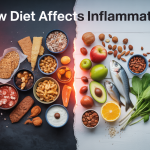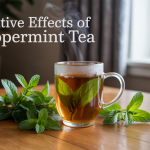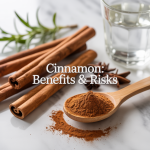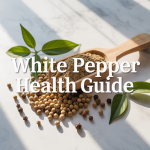Your liver works around the clock to filter toxins, process nutrients, and keep your body running smoothly. If you’re dealing with fatty liver disease or want to prevent liver problems before they start, the right foods can make a real difference in supporting this vital organ.
This guide is for anyone looking to boost their liver health naturally – whether you’ve been diagnosed with nonalcoholic fatty liver disease (NAFLD), want to reverse early liver damage, or simply want to give your liver the nutrients it needs to thrive.
We’ll explore how everyday foods like coffee can actually protect against liver disease, why leafy greens are your liver’s best friend for fighting fat buildup, and which anti-inflammatory powerhouses like turmeric and nuts can help repair liver damage from the inside out. You’ll discover simple dietary swaps that can transform your liver health without overhauling your entire lifestyle.
Coffee – Your Daily Liver Protection Beverage

Reduces Risk of Developing Fatty Liver Disease
Regular coffee consumption emerges as a powerful preventive measure against non-alcoholic fatty liver disease (NAFLD), one of the most common liver conditions worldwide. The research consistently demonstrates that individuals who incorporate coffee into their daily routine experience a significantly lowered risk of developing this potentially serious hepatic condition.
The protective mechanisms of coffee appear to work at the cellular level, where bioactive compounds help maintain optimal liver metabolism and prevent the excessive accumulation of fat within liver cells. This preventive effect is particularly noteworthy given that NAFLD affects millions of people globally and can progress to more severe liver complications if left unchecked. For those seeking natural ways to support their liver health, coffee represents an accessible and enjoyable dietary intervention that can be easily integrated into daily life.
Decreases Liver Fibrosis Progression
Coffee consumption provides crucial benefits for individuals already diagnosed with NAFLD by actively slowing the progression of liver fibrosis. This protective effect is especially significant because fibrosis represents the scarring process that occurs when the liver attempts to heal from ongoing damage, and its progression can lead to more severe complications including cirrhosis.
The ability of coffee to decrease the risk of fibrosis advancement offers hope for those managing existing liver conditions. By incorporating regular coffee consumption into their lifestyle, patients with NAFLD may be able to slow down the deterioration of their liver function and maintain better long-term health outcomes. This makes coffee not just a preventive measure, but also a valuable therapeutic tool for ongoing liver health management.
Lowers Abnormal Liver Enzyme Levels
Coffee demonstrates remarkable effectiveness in reducing elevated liver enzymes, which serve as important biomarkers for liver health and function. When liver enzymes such as ALT and AST become elevated, they indicate potential liver stress or damage, making their normalization a key therapeutic goal for individuals at risk of liver diseases.
The enzyme-lowering properties of coffee suggest that its beneficial compounds work to reduce inflammation and oxidative stress within liver tissue, allowing the organ to function more efficiently. This improvement in liver enzyme profiles can be measured through routine blood tests, providing tangible evidence of coffee’s protective effects. For individuals with risk factors for liver disease, regular coffee consumption may help maintain healthier enzyme levels and support overall liver function, contributing to better long-term hepatic health outcomes.
Leafy Greens – Combat Fatty Liver with Nature’s Powerhouse
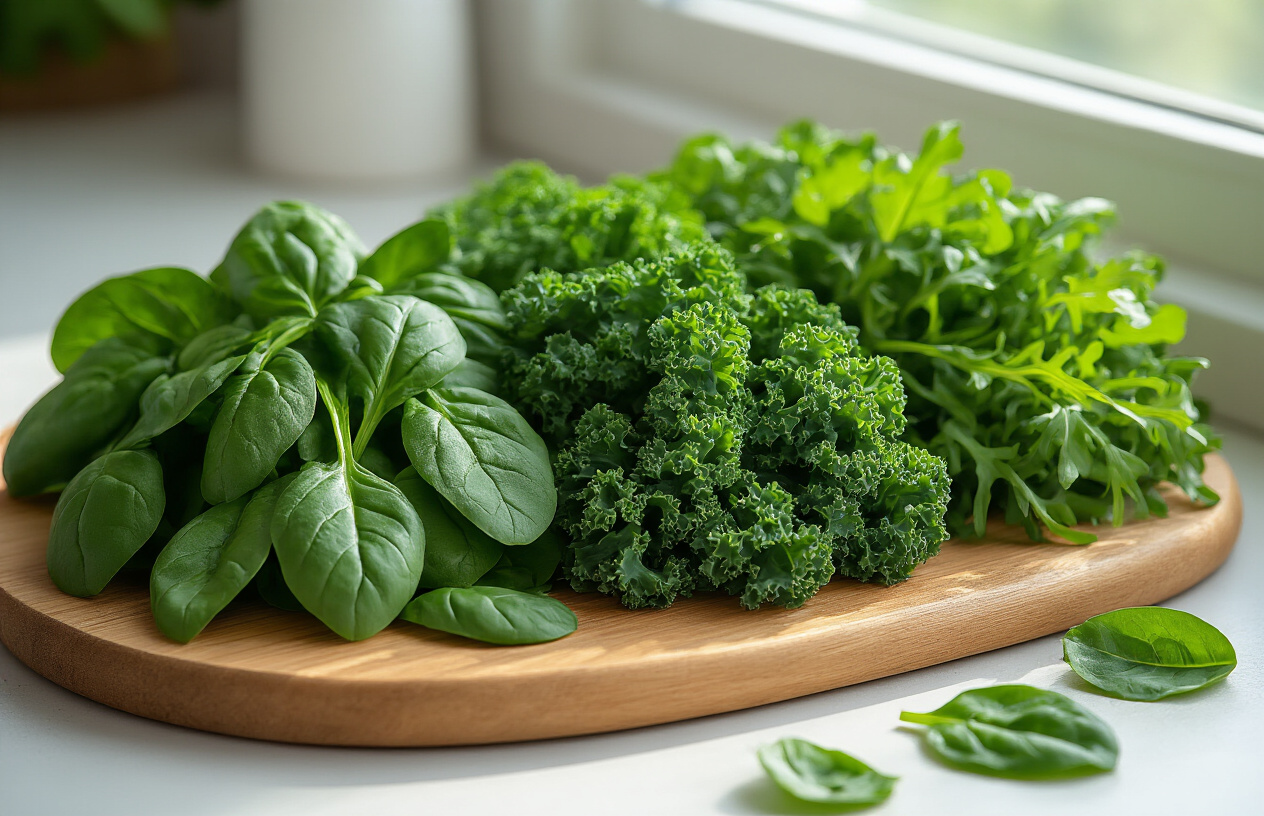
Raw Spinach Contains Liver-Protective Nitrates and Polyphenols
Raw spinach emerges as a particularly powerful ally in the fight against non-alcoholic fatty liver disease (NAFLD). Research demonstrates that consuming raw spinach specifically reduces the risk of developing NAFLD, making it a standout choice among leafy greens for liver protection. The secret lies in spinach’s unique nutritional profile, which contains high concentrations of nitrates and distinct polyphenolic compounds that work synergistically to support liver function.
The nitrates found in raw spinach play a crucial role in promoting cardiovascular health and may contribute to improved blood flow to the liver, enhancing its ability to process toxins and metabolize fats effectively. Meanwhile, the distinct polyphenols present in spinach provide potent antioxidant properties that help combat oxidative stress, a key factor in liver damage and the progression of fatty liver disease.
Maintain Antioxidant Activity Through Minimal Cooking
The preparation method of leafy greens significantly impacts their therapeutic potential for liver health. Cooking spinach and other leafy vegetables can substantially reduce their polyphenolic content and overall antioxidant activity. This reduction in beneficial compounds could explain why raw spinach demonstrated stronger protective effects against NAFLD compared to cooked varieties in research studies.
Heat exposure during cooking processes can break down delicate polyphenolic structures and reduce the bioavailability of these liver-protective compounds. When these antioxidants are diminished through cooking, the vegetables lose some of their capacity to neutralize harmful free radicals and support liver detoxification processes.
Fight Inflammation with Dark Leafy Vegetables
The anti-inflammatory properties of dark leafy vegetables make them essential components of a liver-supportive diet. The polyphenols and other bioactive compounds in these vegetables work to reduce chronic inflammation, which is a driving force behind liver damage and the development of fatty liver disease. By incorporating raw spinach and other minimally processed leafy greens into your daily routine, you can harness their full anti-inflammatory potential while maximizing their liver-protective benefits.
Legumes and Soy – Plant-Based Proteins for Liver Health
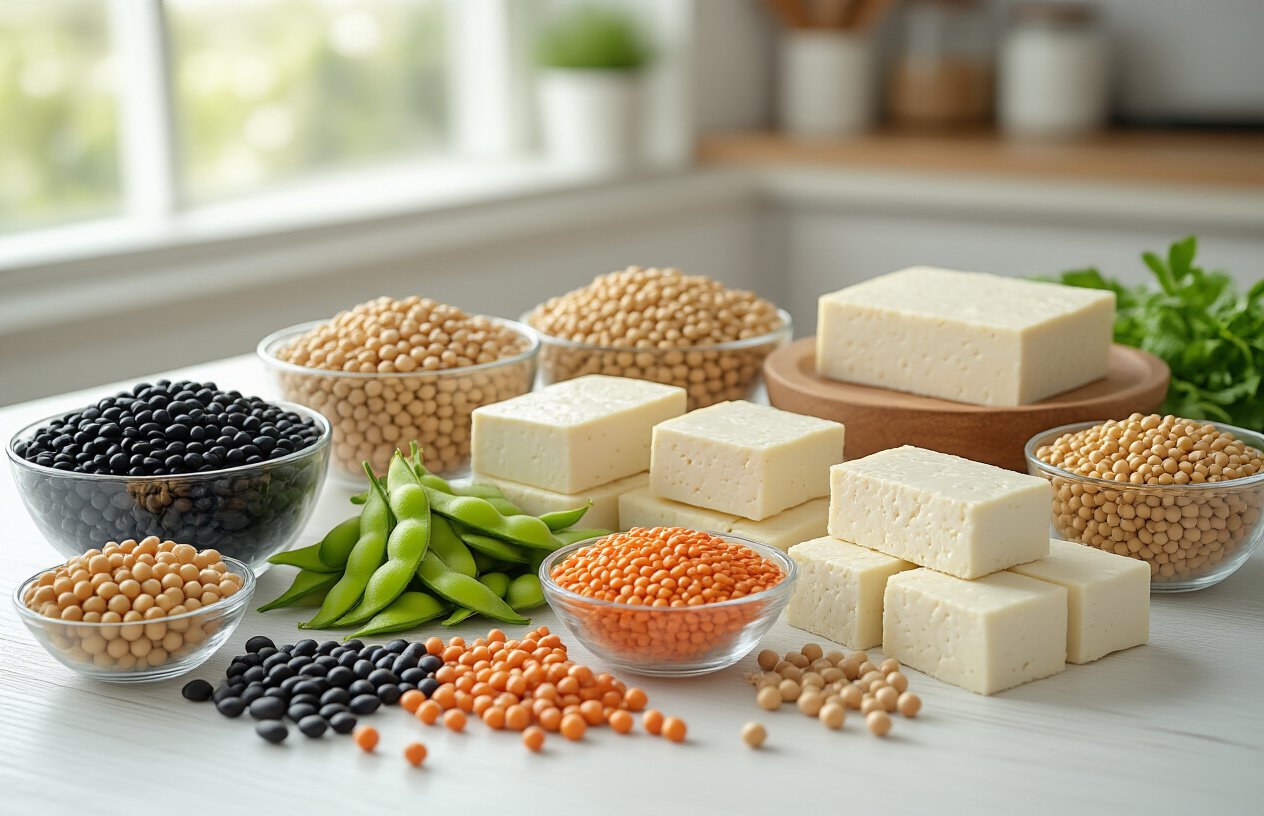
Beans, Lentils, and Chickpeas Provide Resistant Starches
Legumes such as lentils, chickpeas, soybeans, and peas stand out as exceptional sources of resistant starches that play a crucial role in supporting both gut and liver health. These plant-based powerhouses contain unique carbohydrate structures that resist digestion in the small intestine, allowing them to reach the colon where they function as prebiotics. This fermentation process promotes the growth of beneficial gut bacteria, creating a healthier intestinal environment that directly impacts liver function.
The resistant starches found in these legumes work synergistically to improve overall metabolic health. Unlike simple carbohydrates that cause rapid spikes in blood sugar, the complex structure of resistant starches provides a steady, controlled release of nutrients. This mechanism helps reduce the metabolic burden on the liver while supporting optimal digestive function.
Lower Blood Glucose and Triglyceride Levels
The consumption of legumes demonstrates remarkable therapeutic potential for individuals struggling with obesity-related metabolic complications. Scientific evidence indicates that regular legume intake may help lower blood glucose levels, providing significant benefits for those managing diabetes or prediabetes alongside liver concerns.
Beyond glucose regulation, legumes exhibit powerful effects on triglyceride management. Elevated triglyceride levels often accompany fatty liver disease and metabolic syndrome, making this benefit particularly valuable for liver health. The fiber-rich composition of beans, lentils, and chickpeas helps slow nutrient absorption, preventing dramatic fluctuations in blood lipids that can stress liver function.
Soy Products Reduce Triglycerides and Visceral Fat
Soy products deserve special recognition within the legume family for their unique liver-protective properties. The key lies in β-conglycinin, a specific protein found in soy that demonstrates remarkable therapeutic potential. This bioactive compound has been noted for its ability to help lower triglyceride levels significantly, addressing one of the primary risk factors associated with non-alcoholic fatty liver disease.
Perhaps even more impressive is soy’s potential protective effect against visceral fat buildup. Visceral fat, the dangerous fat that accumulates around internal organs including the liver, contributes to inflammation and metabolic dysfunction. By incorporating soy products like tofu, tempeh, edamame, and soy milk into your diet, you’re providing your liver with targeted nutritional support that addresses both triglyceride management and fat accumulation prevention.
Fatty Fish Rich in Omega-3s – Essential Fats for Liver Function
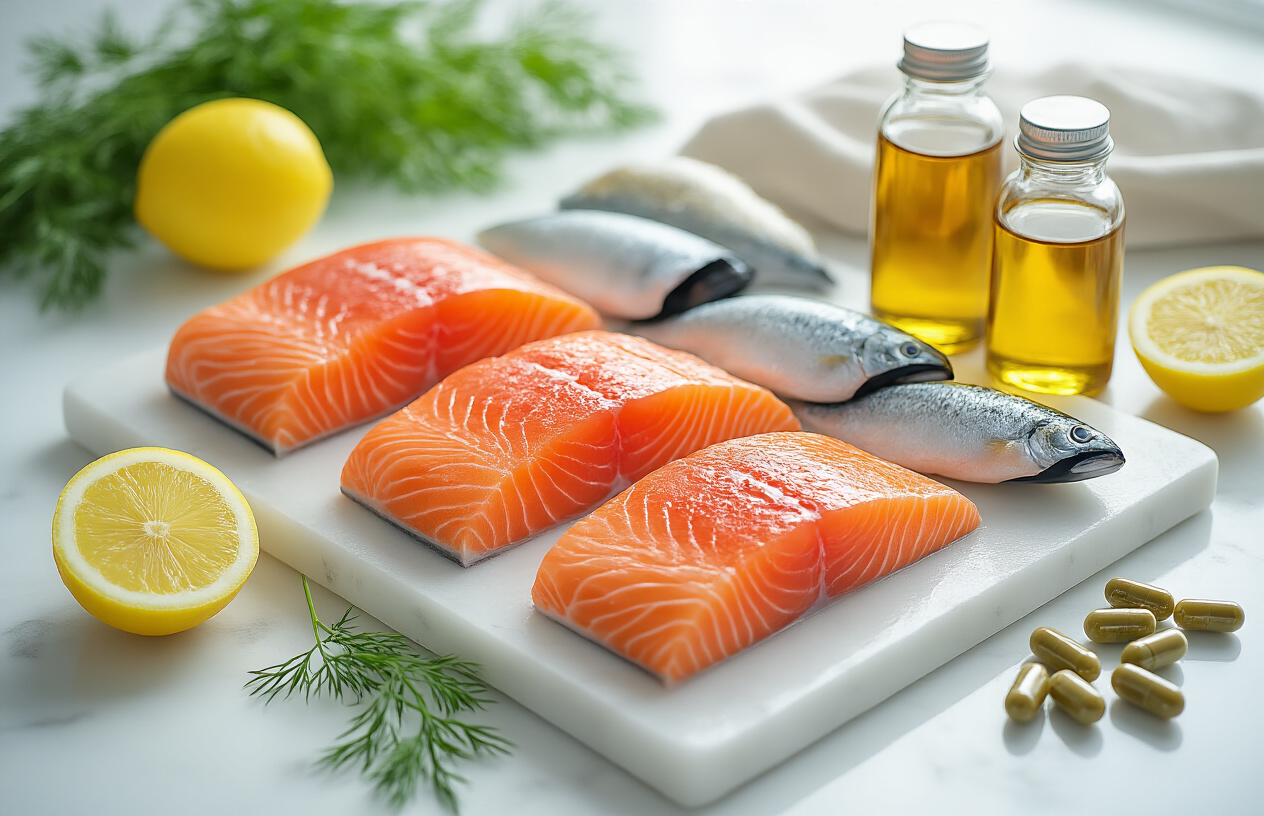
Salmon, Sardines, and Tuna Reduce Liver Fat
Fatty fish such as salmon, sardines, and tuna serve as exceptional sources of omega-3 fatty acids, which play a crucial role in maintaining optimal liver health. These marine proteins contain high concentrations of EPA (eicosapentaenoic acid) and DHA (docosahexaenoic acid), the two most bioactive forms of omega-3s that directly impact liver function.
Research demonstrates that supplementing with omega-3s may benefit individuals with Non-Alcoholic Fatty Liver Disease (NAFLD) by significantly reducing liver fat accumulation. The anti-inflammatory properties of these essential fatty acids help combat the oxidative stress that contributes to fat buildup in liver cells. Regular consumption of fatty fish provides a natural and effective approach to addressing liver fat concerns while supporting overall hepatic function.
The mechanism behind this fat reduction involves omega-3s’ ability to enhance fat metabolism within liver cells, promoting the breakdown of stored lipids and preventing further accumulation. This makes fatty fish an invaluable dietary component for individuals seeking to maintain healthy liver composition through nutritional intervention.
Boost Protective HDL Cholesterol Levels
One of the remarkable benefits of omega-3 fatty acids found in fatty fish is their capacity to boost protective HDL (high-density lipoprotein) cholesterol levels. HDL cholesterol acts as the body’s natural cleanup system, transporting excess cholesterol away from tissues, including the liver, back to the liver for processing and elimination.
When omega-3 levels increase through regular fatty fish consumption, the body responds by producing more HDL cholesterol particles. This enhanced HDL production creates a more favorable lipid profile that supports liver health by ensuring efficient cholesterol transport and reducing the burden on hepatic cells. Higher HDL levels also correlate with improved overall cardiovascular health, creating synergistic benefits that extend beyond liver function alone.
Lower Harmful Triglyceride Concentrations
Omega-3 fatty acids from fish sources demonstrate significant efficacy in lowering triglyceride levels, which is particularly beneficial for liver health. Elevated triglycerides often accompany liver dysfunction and can exacerbate conditions like NAFLD. The omega-3s in fatty fish work at the cellular level to reduce triglyceride synthesis in the liver while simultaneously enhancing the clearance of these lipids from the bloodstream.
This dual action creates a comprehensive approach to lipid management that directly benefits liver function. Lower triglyceride concentrations reduce the metabolic stress on liver cells, allowing them to focus on essential detoxification and metabolic processes rather than managing excess lipid storage. The triglyceride-lowering effects of omega-3s make fatty fish consumption a strategic dietary choice for maintaining optimal liver health and preventing lipid-related liver complications.
High-Fiber Whole Grains – Support Digestive and Liver Health
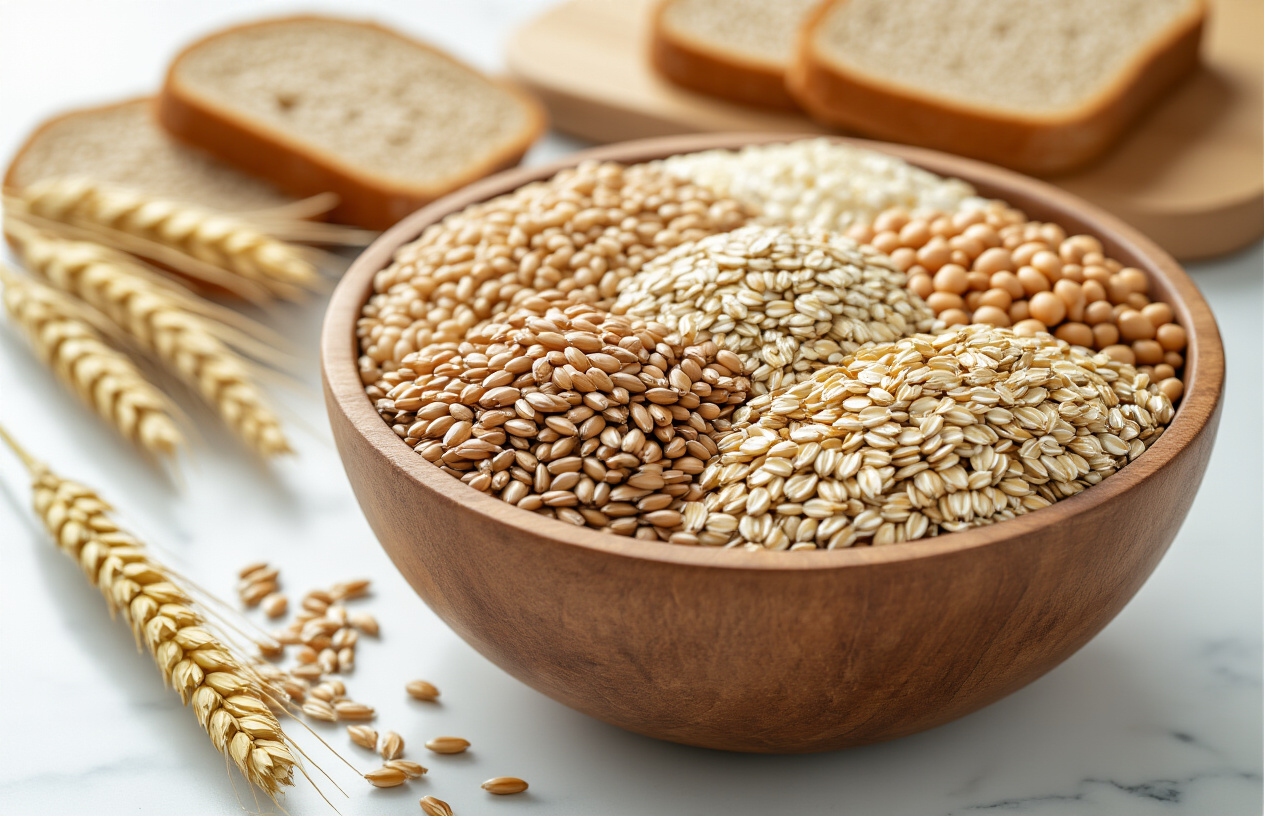
Oatmeal Reduces NAFLD-Related Disease Risk
Whole-grain, fiber-rich foods like oatmeal are associated with a reduced risk of NAFLD-related diseases, making them essential components of a liver-protective diet. Oatmeal stands out as a particularly powerful ally in the fight against non-alcoholic fatty liver disease (NAFLD), offering your liver the nutritional support it needs to function optimally. The fiber content in oats works to create a protective barrier against the development and progression of fatty liver conditions.
The soluble fiber found in oatmeal helps to regulate the absorption of nutrients in your digestive system, which directly impacts your liver’s workload. By consuming oatmeal regularly, you’re providing your body with the raw materials needed to maintain healthy liver function while simultaneously reducing the strain on this vital organ. This whole grain’s unique composition makes it an ideal breakfast choice for those looking to support their liver health through dietary modifications.
Fiber-Rich Foods Help Control Triglyceride Levels
A nutritious diet rich in high fiber foods like oats can be effective for those with NAFLD and may help reduce triglyceride levels. The fiber content in whole grains plays a crucial role in lipid metabolism, directly influencing how your body processes and stores fats. When you consume fiber-rich whole grains, you’re essentially giving your liver a tool to better manage triglyceride levels in your bloodstream.
The mechanism behind this benefit lies in fiber’s ability to bind with cholesterol and other lipids in the digestive tract, preventing their absorption and promoting their elimination from the body. This process reduces the burden on your liver to process excess triglycerides, allowing it to focus on other essential detoxification and metabolic functions. For individuals with NAFLD, this triglyceride-lowering effect can be particularly beneficial in slowing disease progression.
Whole Grains Support Healthy Weight Management
Whole grains contribute significantly to healthy weight management, which is intrinsically linked to liver health. The fiber content in these grains promotes satiety, helping you feel full for longer periods and naturally reducing overall caloric intake. This weight management benefit is particularly important for liver health, as excess body weight is a primary risk factor for developing and worsening NAFLD.
The sustained energy release from whole grains prevents the rapid blood sugar spikes and crashes associated with refined carbohydrates, supporting stable metabolic function. This steady energy supply helps your liver maintain consistent processing capabilities without the stress of dramatic fluctuations in glucose levels. By incorporating high-fiber whole grains into your diet, you’re creating a foundation for both healthy weight maintenance and optimal liver function, addressing two critical aspects of metabolic health simultaneously.
Nuts – Anti-Inflammatory Powerhouses for Liver Protection
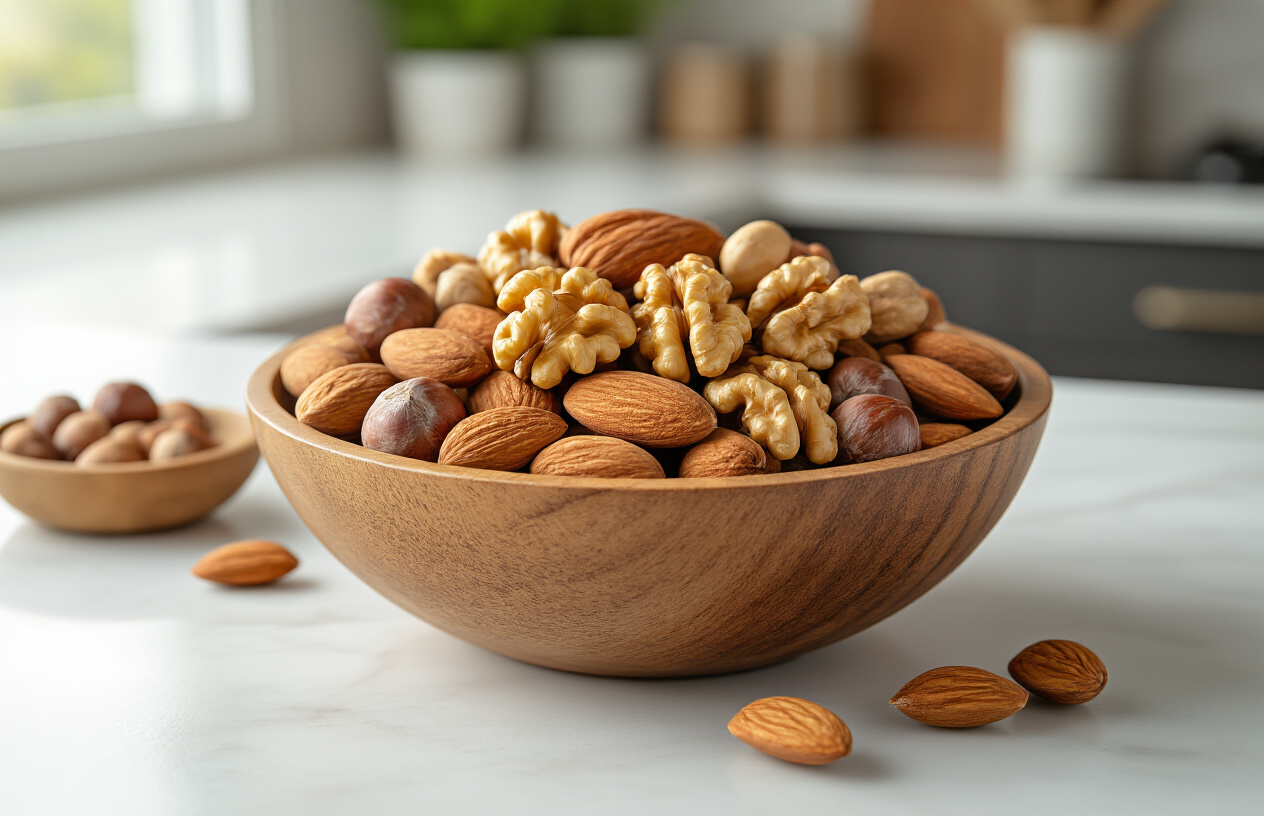
Walnuts Improve Liver Function Test Results
Now that we have covered the importance of turmeric for liver healing, let’s explore how nuts serve as powerful allies in liver protection. Research has specifically highlighted the remarkable benefits of walnuts for individuals struggling with liver health issues. Studies have demonstrated that people with fatty liver disease who incorporate walnuts into their diet experience measurable improvements in their liver function tests. These improvements represent tangible evidence of the liver’s enhanced ability to perform its essential detoxification and metabolic functions.
The consistent consumption of walnuts appears to support the liver’s natural repair mechanisms, leading to better overall hepatic performance. This improvement in liver function tests suggests that walnuts may help restore the liver’s capacity to process toxins, metabolize fats, and maintain proper enzyme levels.
Reduce Insulin Resistance and Oxidative Stress
A diet rich in nuts offers comprehensive protection against two major factors that compromise liver health: insulin resistance and oxidative stress. The anti-inflammatory compounds found in nuts work systematically to address these underlying issues that contribute to liver dysfunction. By reducing insulin resistance, nuts help improve the body’s ability to regulate blood sugar levels, which directly impacts liver health since the liver plays a crucial role in glucose metabolism.
Furthermore, the powerful antioxidants present in nuts combat oxidative stress, which occurs when harmful free radicals overwhelm the body’s natural defense systems. This oxidative damage is particularly detrimental to liver cells, making the protective effects of nuts especially valuable for maintaining optimal liver function.
Lower Overall NAFLD Risk Through Regular Consumption
With this in mind, increased nut consumption has been significantly associated with a lowered risk of developing Non-Alcoholic Fatty Liver Disease (NAFLD). This association demonstrates that regular nut consumption serves as a preventive measure against one of the most common liver conditions affecting millions of people worldwide. The comprehensive benefits of nuts extend beyond treating existing liver problems to actively preventing the development of fatty liver disease.
The lower prevalence of NAFLD among individuals who consume nuts regularly underscores the importance of incorporating these nutrient-dense foods into daily dietary patterns. This preventive effect likely stems from the combined anti-inflammatory properties, beneficial fats, and essential nutrients that nuts provide, creating an environment that supports liver health and reduces the likelihood of fat accumulation in liver tissue.
Turmeric – Golden Spice with Liver-Healing Properties
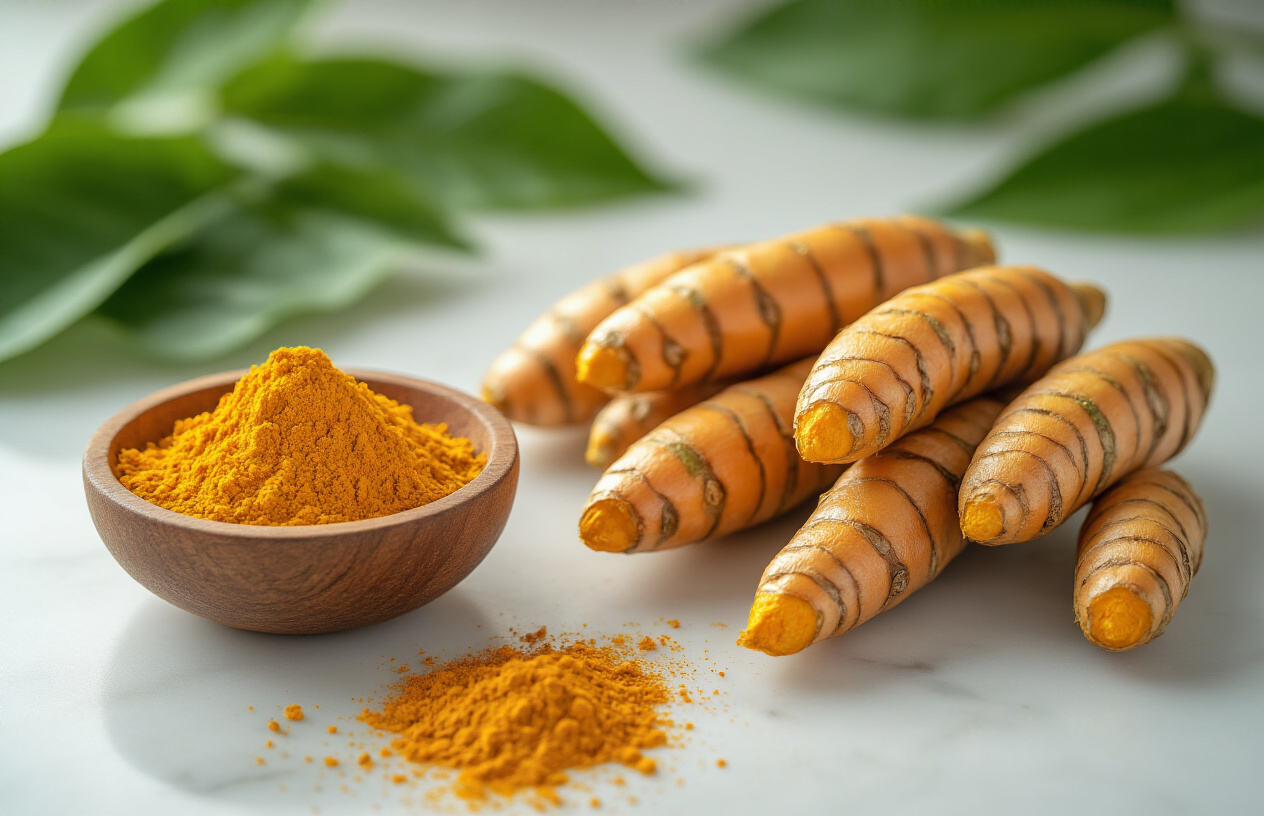
Curcumin Reduces Liver Damage Markers
Now that we’ve explored the liver-protective benefits of nuts, let’s turn our attention to one of nature’s most powerful anti-inflammatory compounds. Curcumin, the bioactive ingredient that gives turmeric its distinctive golden color, has shown remarkable potential in supporting liver health, particularly for individuals dealing with non-alcoholic fatty liver disease (NAFLD). Research indicates that high doses of curcumin might effectively reduce markers of liver damage in people suffering from this increasingly common condition.
The mechanism behind curcumin’s liver-protective effects lies in its ability to target specific biomarkers associated with hepatic inflammation and cellular damage. When administered in therapeutic concentrations, curcumin appears to influence various enzymatic pathways that contribute to liver dysfunction. Studies focusing on NAFLD patients have demonstrated measurable improvements in liver enzyme levels and other diagnostic indicators when curcumin supplementation is incorporated into treatment protocols.
What makes curcumin particularly noteworthy is its targeted approach to addressing liver damage. Unlike broad-spectrum interventions, curcumin works at the cellular level to potentially interrupt the cascade of inflammatory processes that contribute to progressive liver deterioration in NAFLD cases.
Anti-Inflammatory Benefits for Liver Health
The anti-inflammatory properties of curcumin extend beyond simple damage reduction, offering comprehensive support for overall liver function. In the context of NAFLD, chronic inflammation plays a central role in disease progression, making curcumin’s anti-inflammatory capabilities particularly valuable for long-term liver health management.
Curcumin’s ability to modulate inflammatory pathways becomes especially important when considering the complex interplay between inflammation and liver metabolism. By potentially reducing inflammatory markers, high doses of curcumin may help create an environment more conducive to liver repair and optimal function. This inflammatory modulation is crucial for individuals with NAFLD, where persistent inflammation can lead to more severe complications if left unaddressed.
Natural Alternative to Supplement-Based Treatments
With this understanding of curcumin’s liver-protective properties, turmeric emerges as a compelling natural alternative for those seeking to support their liver health through dietary approaches. While therapeutic doses of curcumin have shown promise in reducing liver damage markers in NAFLD patients, incorporating turmeric into regular dietary practices offers a food-based strategy for liver support.
The advantage of choosing turmeric as a natural source of curcumin lies in its accessibility and integration into everyday cooking practices. Rather than relying solely on isolated supplement protocols, individuals can harness the liver-protective potential of curcumin through consistent use of turmeric in meal preparation, creating a sustainable approach to liver health maintenance that aligns with whole-food nutrition principles.
Sunflower Seeds – Natural Vitamin E for Liver Repair

High Vitamin E Content Supports Liver Function
Now that we have covered various liver-supporting foods, sunflower seeds emerge as one of nature’s most concentrated sources of vitamin E, a crucial nutrient for optimal liver function. Vitamin E serves as a powerful antioxidant that protects liver cells from oxidative damage caused by free radicals and environmental toxins. The liver, being the body’s primary detoxification organ, is constantly exposed to harmful substances that can create cellular stress. Vitamin E acts as a protective shield, neutralizing these damaging compounds before they can harm liver tissue.
The fat-soluble nature of vitamin E makes it particularly effective in protecting the liver’s cellular membranes, which are primarily composed of lipids. This protection is essential for maintaining the structural integrity of liver cells and ensuring they can perform their numerous metabolic functions efficiently. When liver cells are protected from oxidative stress, they can better focus on their primary roles of detoxification, protein synthesis, and metabolic regulation.
Over 100% Daily Recommended Value in Single Serving
Previously, I’ve discussed various foods that support liver health, but sunflower seeds stand out for their exceptional vitamin E density. A 100-gram serving of sunflower seeds contains approximately 20 milligrams of vitamin E, which represents more than 100 percent of the Daily Recommended Value. This remarkable concentration makes sunflower seeds one of the most efficient ways to meet your body’s vitamin E requirements through whole food sources.
This generous amount of vitamin E in a single serving means that even a smaller portion of sunflower seeds can contribute significantly to your daily nutritional needs. For individuals seeking to support their liver health through targeted nutrition, this high concentration provides a practical and convenient option. The abundance of vitamin E in sunflower seeds ensures that regular consumption can help maintain consistent levels of this essential nutrient in your system, supporting ongoing liver protection and repair processes.
Natural Alternative to Vitamin E Supplements
With this in mind, sunflower seeds serve as a good starting point for increasing vitamin E consumption naturally. Rather than relying on synthetic supplements, incorporating sunflower seeds into your diet provides vitamin E in its natural form, often accompanied by other beneficial compounds that work synergistically to enhance absorption and effectiveness.
Sunflower seeds represent an excellent natural alternative to vitamin E supplements for those who prefer whole food sources of nutrition. The natural vitamin E found in sunflower seeds comes with additional nutrients and compounds that may enhance its bioavailability and therapeutic effects. This whole food approach to vitamin E consumption aligns with the principle that nutrients work best when consumed in their natural matrix, surrounded by complementary compounds that facilitate proper absorption and utilization.
For individuals looking to support their liver health through dietary modifications, sunflower seeds offer a practical and accessible option that can be easily incorporated into daily meals and snacks, providing consistent liver-supporting nutrition without the need for synthetic supplementation.
Healthy Fats and Oils – Replace Harmful Saturated Fats
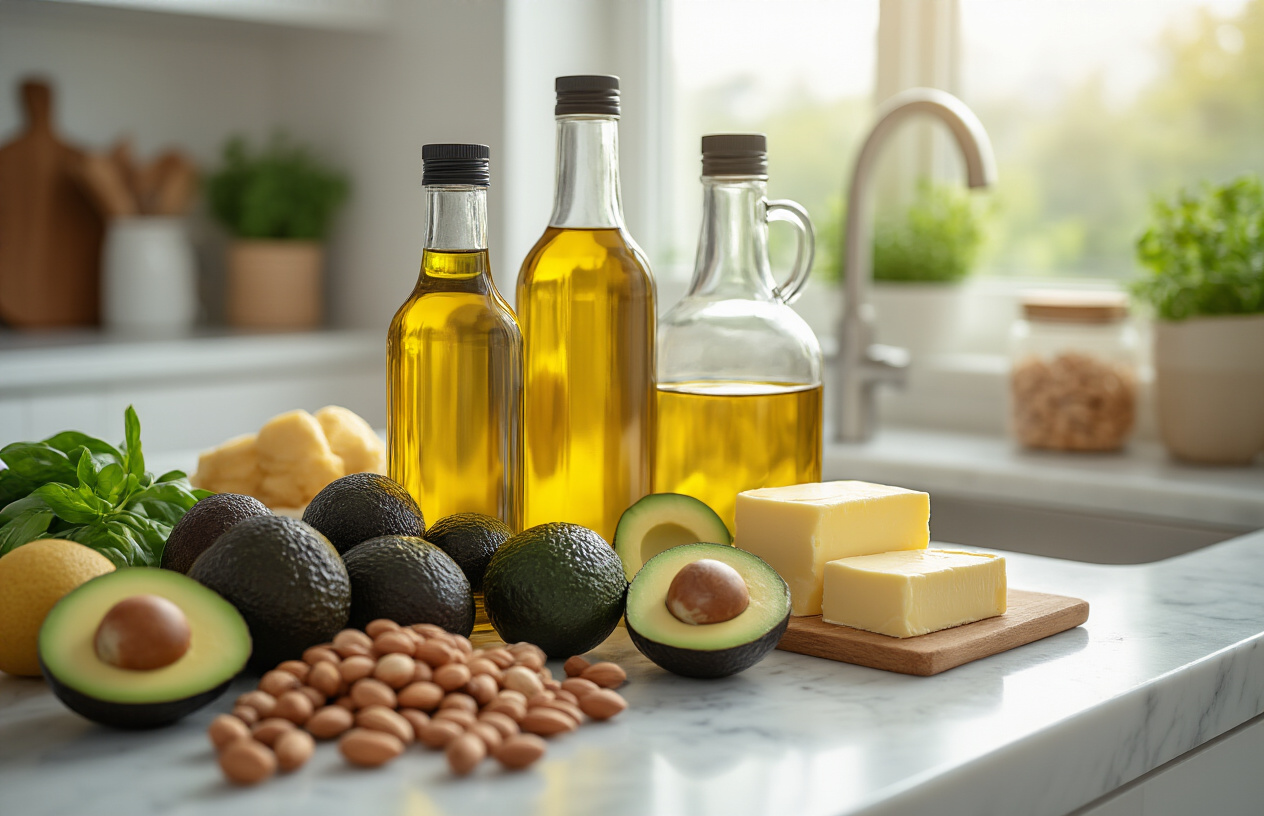
Avocados and Olive Oil Support Mediterranean Diet Benefits
Now that we’ve explored various nutrient-dense foods for liver health, it’s crucial to understand how the right fats can transform your liver’s well-being. The Mediterranean diet, renowned for its emphasis on minimally processed whole foods containing unsaturated fats, stands out as a powerful dietary approach for individuals living with non-alcoholic fatty liver disease (NAFLD). This eating pattern centers around incorporating healthy fat sources like avocados and olive oil, which provide the foundation for sustained liver support.
The Mediterranean diet’s effectiveness lies in its holistic approach to nutrition, where unsaturated fats play a central role in promoting optimal liver function. By focusing on whole, minimally processed foods rich in these beneficial fats, this dietary pattern creates an environment where the liver can function more efficiently and effectively manage fat metabolism.
Unsaturated Fats Reduce Total Cholesterol Levels
The strategic replacement of saturated fats with unsaturated alternatives yields remarkable benefits for liver health, particularly in cholesterol management. When individuals with NAFLD swap out sources of saturated fat for unsaturated fat sources like avocados and olive oil, they experience significant improvements in their lipid profiles.
This fat substitution strategy proves especially beneficial for reducing total cholesterol levels, a critical factor in liver health maintenance. The unsaturated fats found in these foods work actively to improve the body’s cholesterol balance, creating a more favorable environment for liver function and reducing the burden of fat processing on this vital organ.
Support Weight Management and Liver Function
Previously, we’ve seen how various nutrients contribute to liver health, and healthy fats continue this pattern by supporting both weight management and optimal liver function. The incorporation of unsaturated fats from sources like avocados and olive oil may be particularly helpful for those managing NAFLD, as these fats contribute to better metabolic health overall.
The synergistic effect of choosing the right fats extends beyond simple calorie considerations. When combined with the Mediterranean diet’s emphasis on whole foods, these healthy fats create a comprehensive approach to liver wellness that addresses multiple aspects of metabolic health simultaneously, making them an essential component of any liver-nourishing dietary strategy.
Garlic – Flavorful Medicine for Fatty Liver Disease
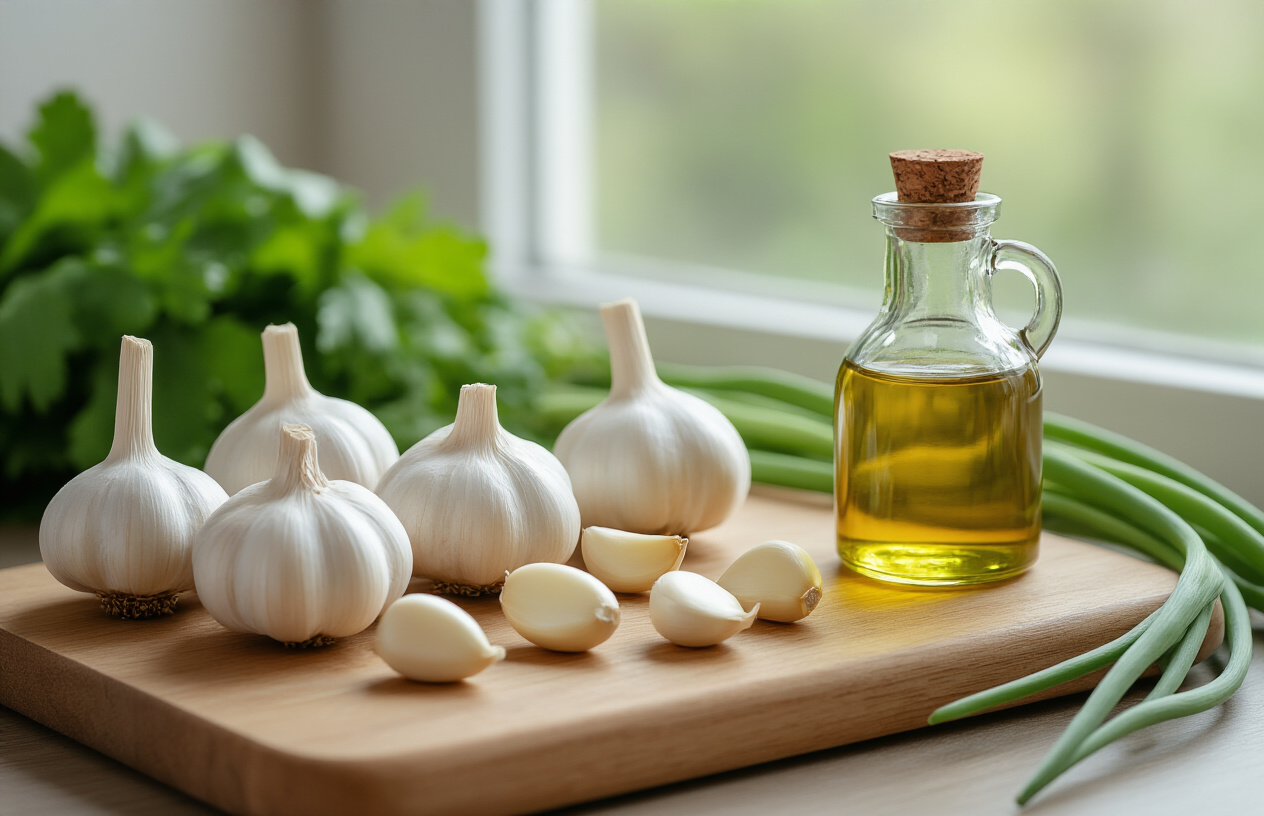
Garlic Powder Supplements Reduce Liver Fat
Now that we have covered various protective foods for liver health, garlic emerges as a particularly promising therapeutic option for those dealing with fatty liver disease. Small experimental studies have demonstrated that garlic powder supplements may help reduce body weight and fat in people with fatty liver disease, making it a valuable addition to liver-supportive nutrition protocols.
The most compelling evidence comes from a 2020 study that specifically examined the effects of garlic supplementation on individuals with non-alcoholic fatty liver disease (NAFLD). Participants who took 800 mg of garlic powder daily for 15 weeks experienced significant reductions in liver fat accumulation, suggesting that consistent garlic supplementation can provide measurable improvements in liver composition and function.
Improve Liver Enzyme Levels Naturally
With this understanding of garlic’s fat-reducing properties in mind, next we’ll examine how this powerful bulb affects liver enzyme levels. The same 2020 research that demonstrated liver fat reduction also revealed improvements in enzyme levels among study participants. This dual benefit is particularly significant because elevated liver enzymes often indicate liver stress or damage, making their normalization a crucial marker of liver health recovery.
The improvement in enzyme levels alongside fat reduction suggests that garlic powder supplementation addresses multiple aspects of liver dysfunction simultaneously. This comprehensive approach makes garlic supplementation an attractive option for individuals seeking natural methods to support their liver health without relying solely on pharmaceutical interventions.
Raw Garlic Consumption Provides Additional Benefits
Previously, we’ve discussed the benefits of garlic powder supplements, but raw garlic consumption offers its own unique advantages for liver health. Research focusing on Chinese men revealed that frequent consumption of raw garlic was inversely associated with NAFLD, meaning that those who consumed raw garlic more regularly had lower rates of fatty liver disease.
This finding suggests that the bioactive compounds in raw garlic may be particularly effective in their unprocessed form. The inverse association indicates a protective relationship, where increased raw garlic consumption correlates with decreased likelihood of developing fatty liver disease. This research highlights the importance of incorporating fresh garlic into regular dietary patterns as a preventive measure against liver dysfunction, complementing the therapeutic benefits observed with garlic powder supplementation.
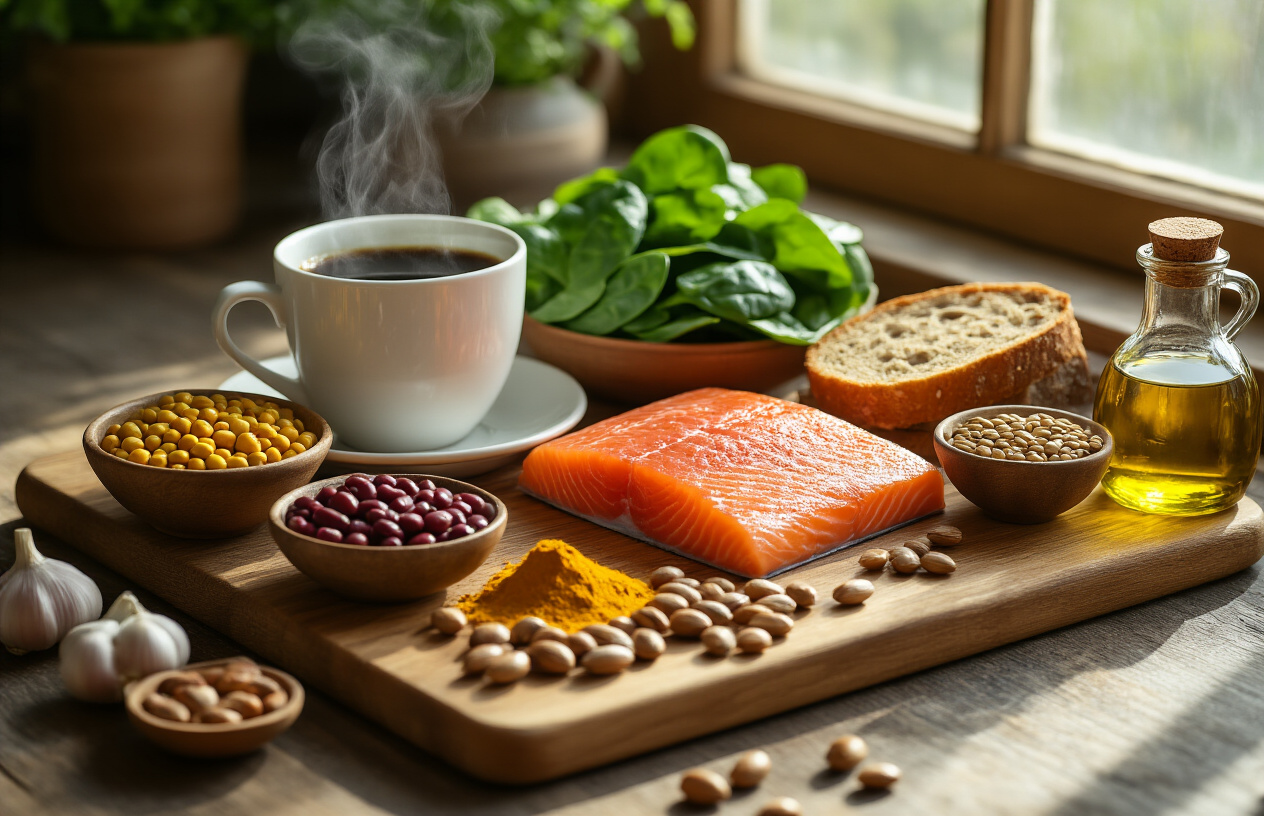
Your liver works tirelessly to remove toxins and support your overall health, making it essential to nourish this vital organ with the right foods. The ten liver-supporting foods we’ve explored – from your morning cup of coffee to antioxidant-rich leafy greens, protein-packed legumes, omega-3 fatty fish, fiber-rich whole grains, anti-inflammatory nuts, healing turmeric, vitamin E-loaded sunflower seeds, healthy fats, and protective garlic – each offer unique benefits that can help reduce inflammation, combat fatty deposits, and support optimal liver function.
Remember that improving liver health won’t happen overnight, but consistently incorporating these nutrient-dense foods into your daily routine can make a significant difference over time. Consider working with a healthcare professional or dietitian to create a sustainable meal plan that includes these liver-loving foods while reducing processed options, added sugars, and excessive saturated fats. Your liver will thank you for every positive dietary choice you make, rewarding you with better energy, improved digestion, and enhanced overall well-being.

